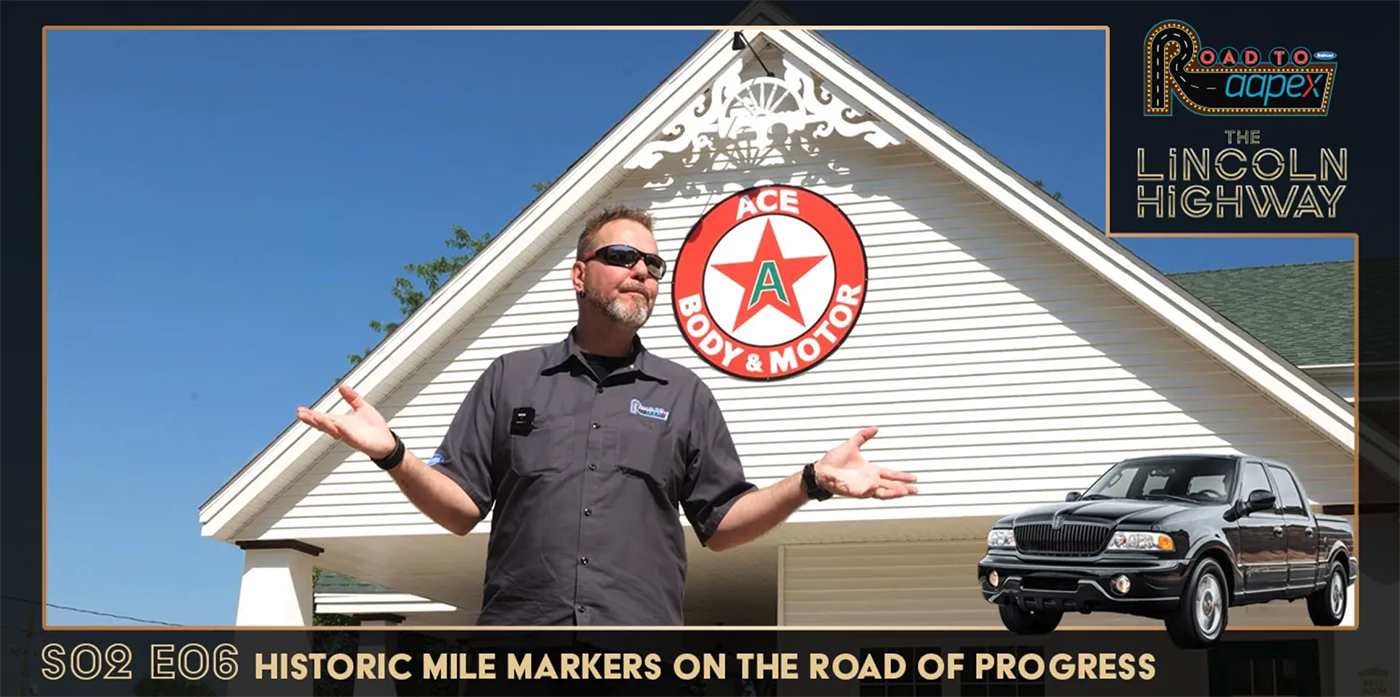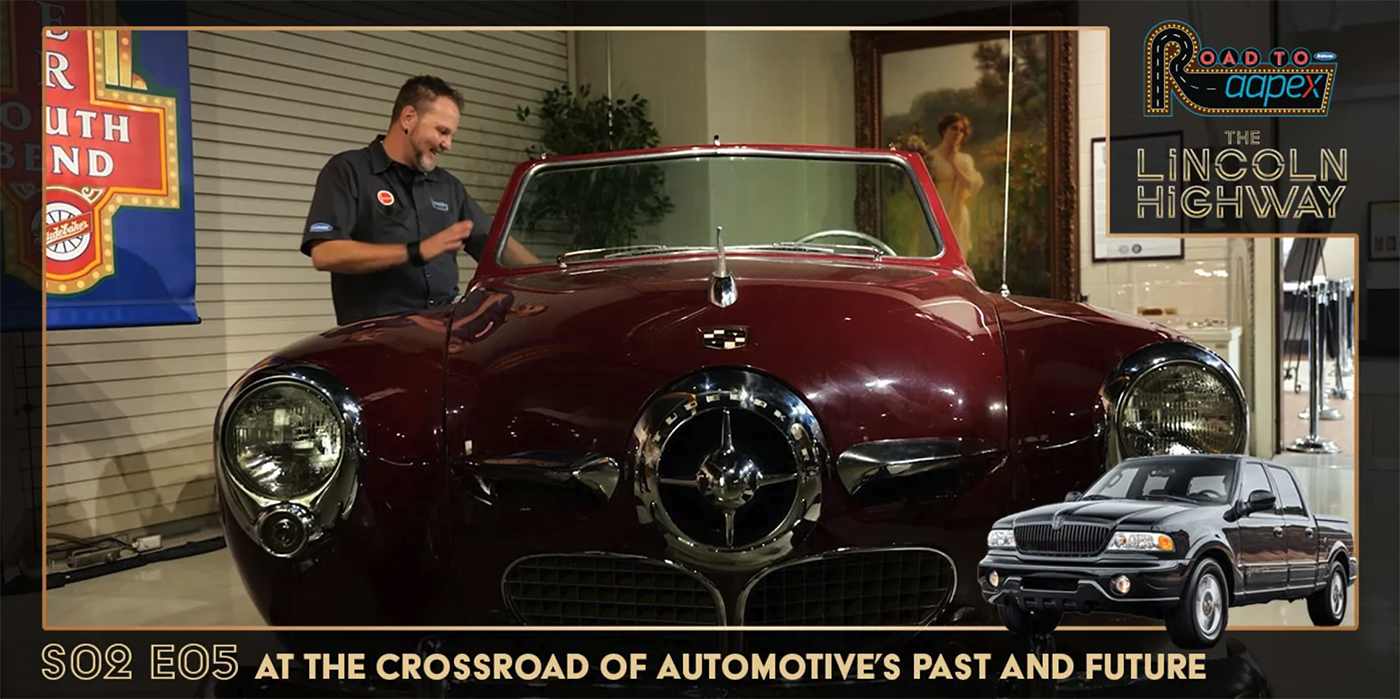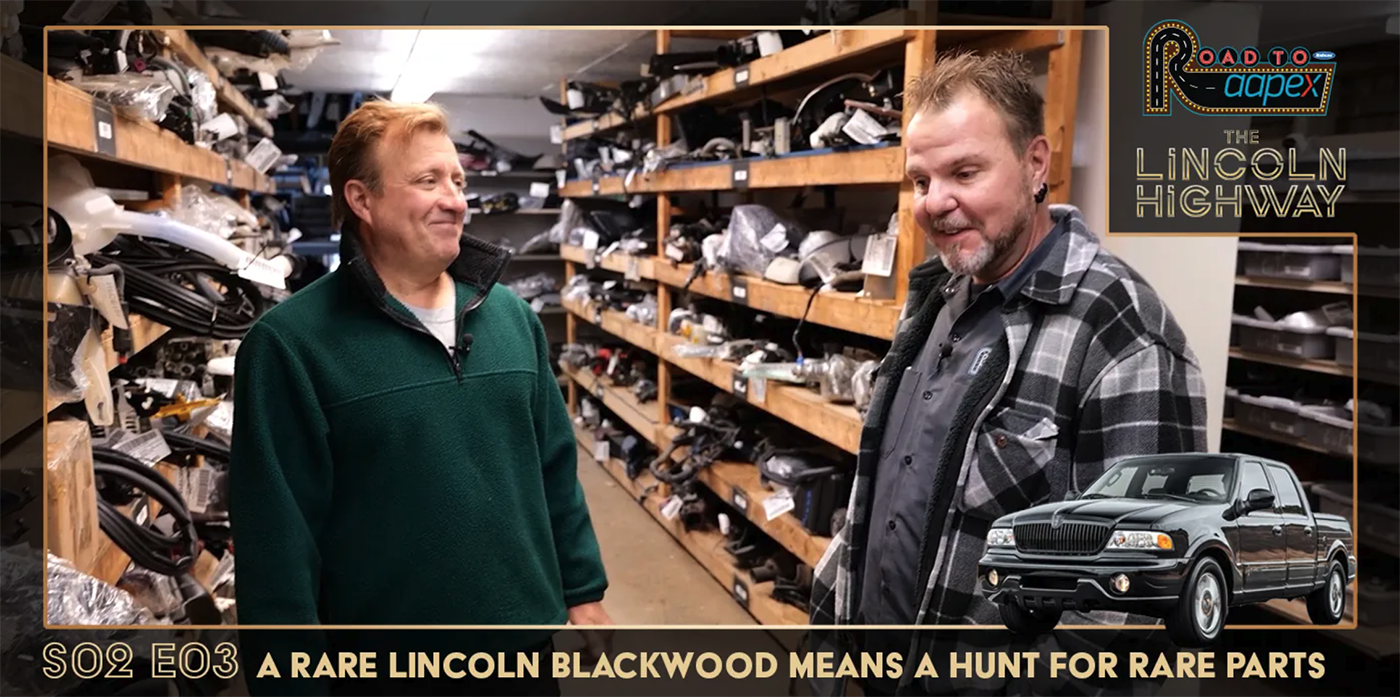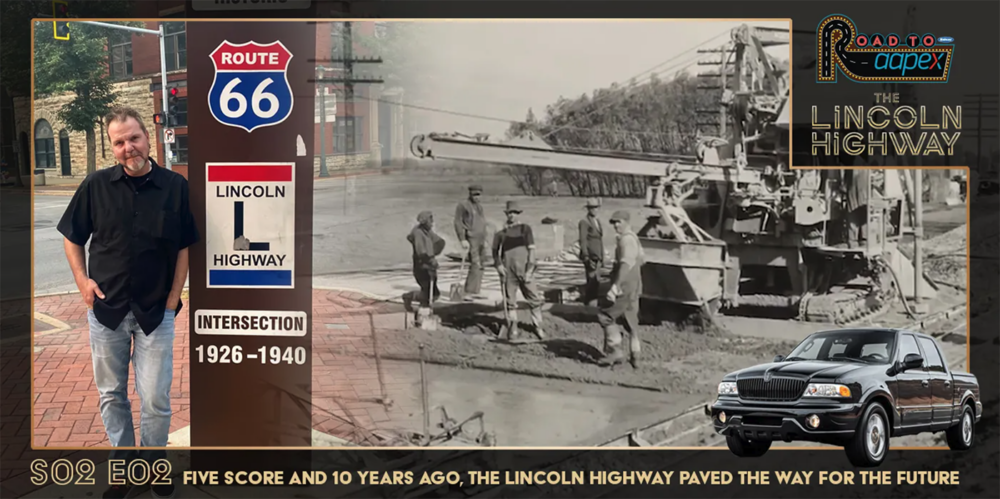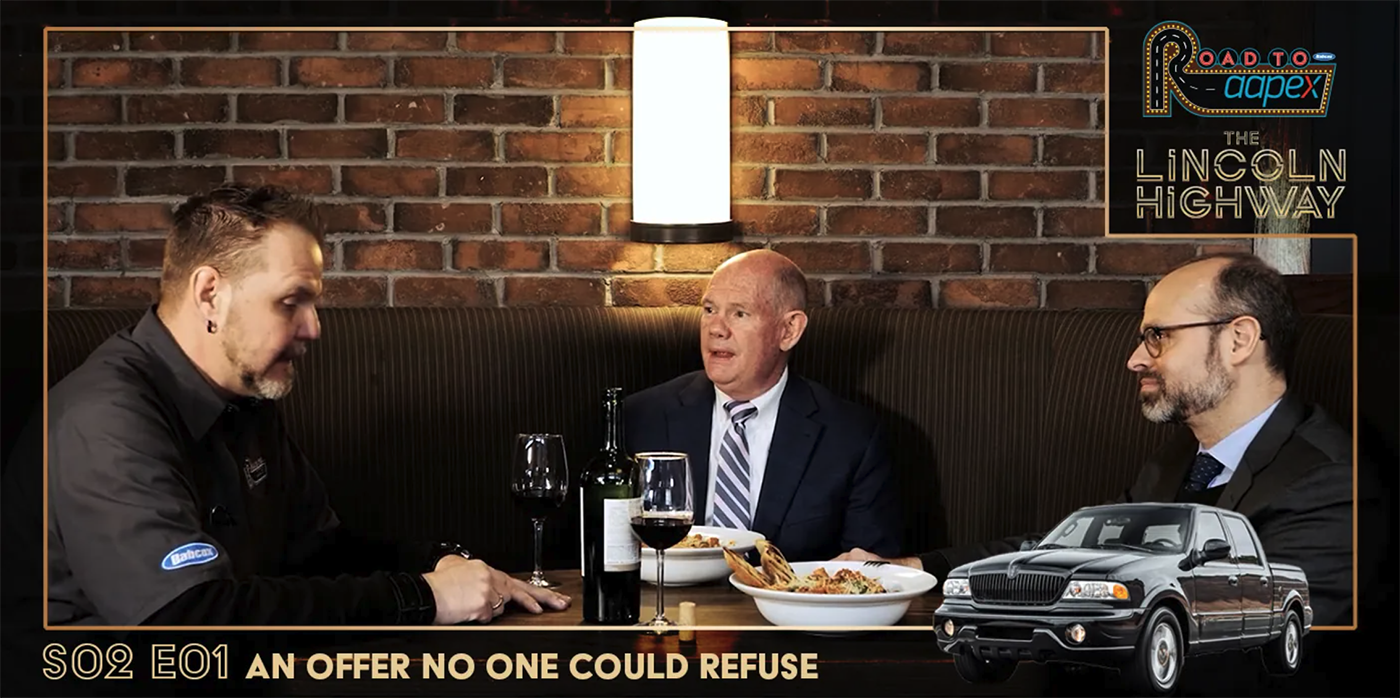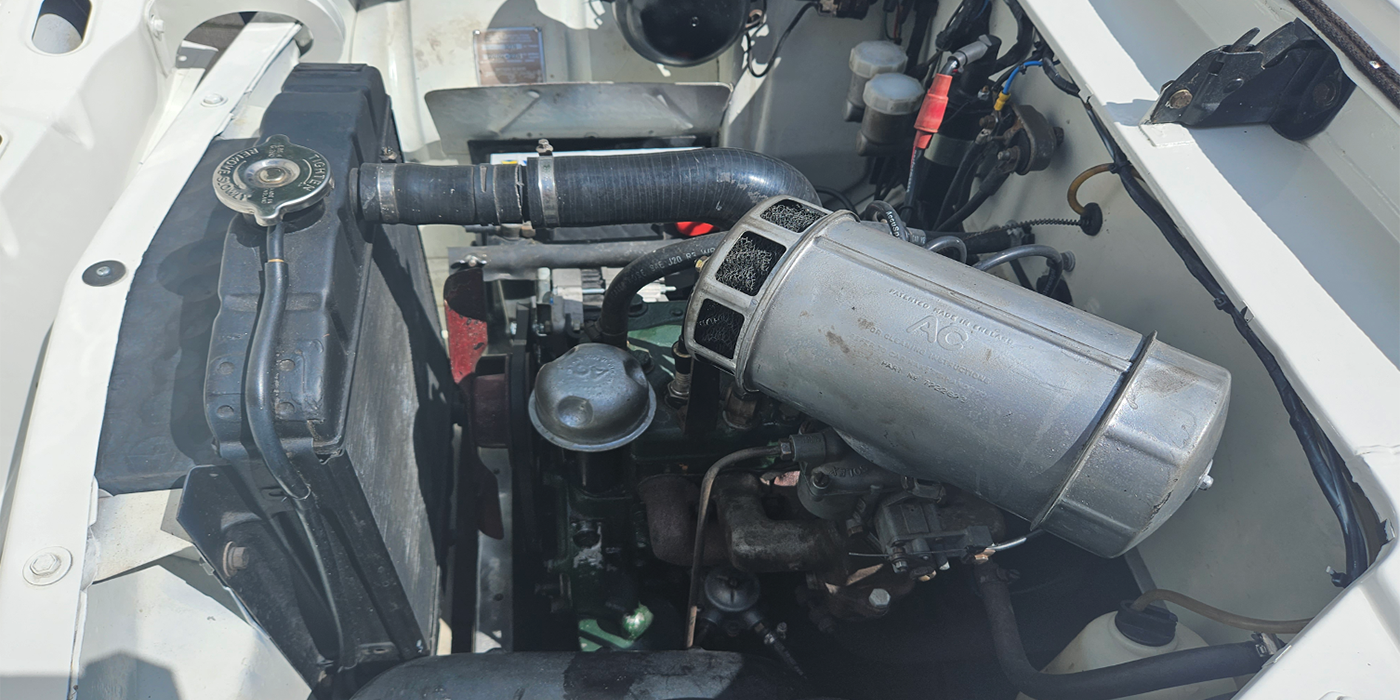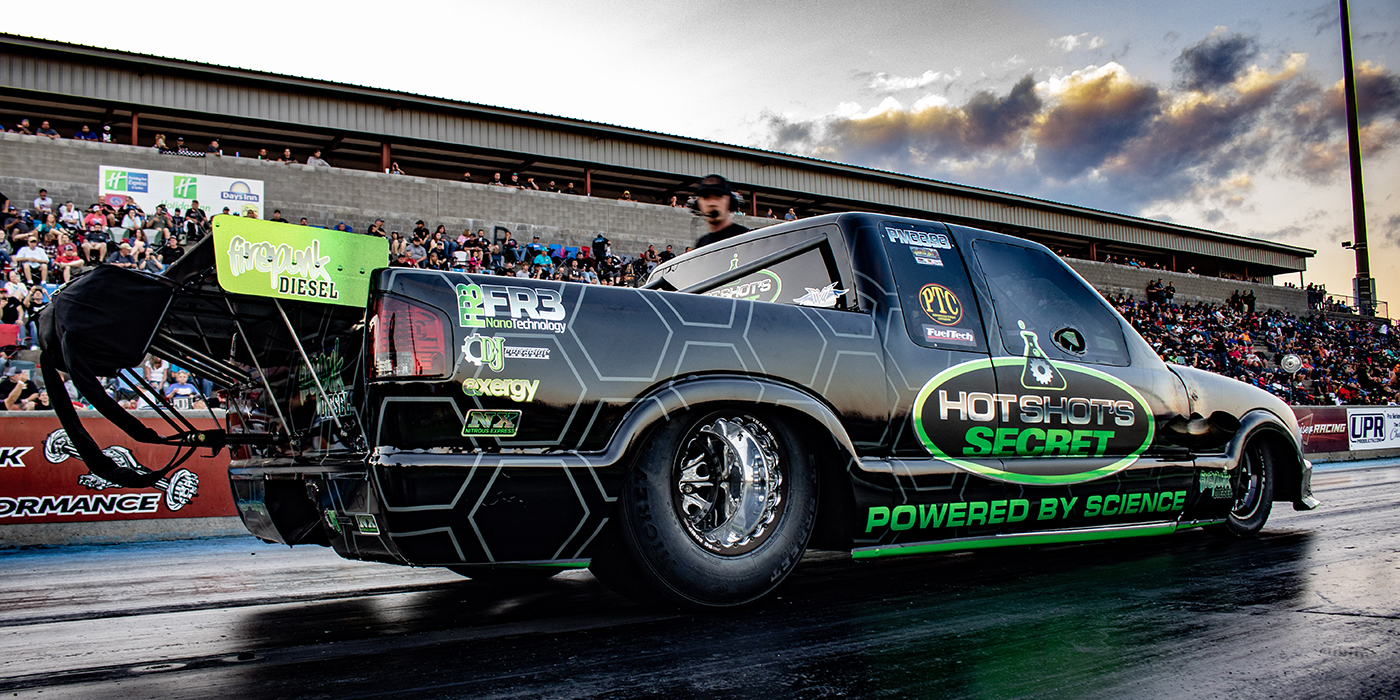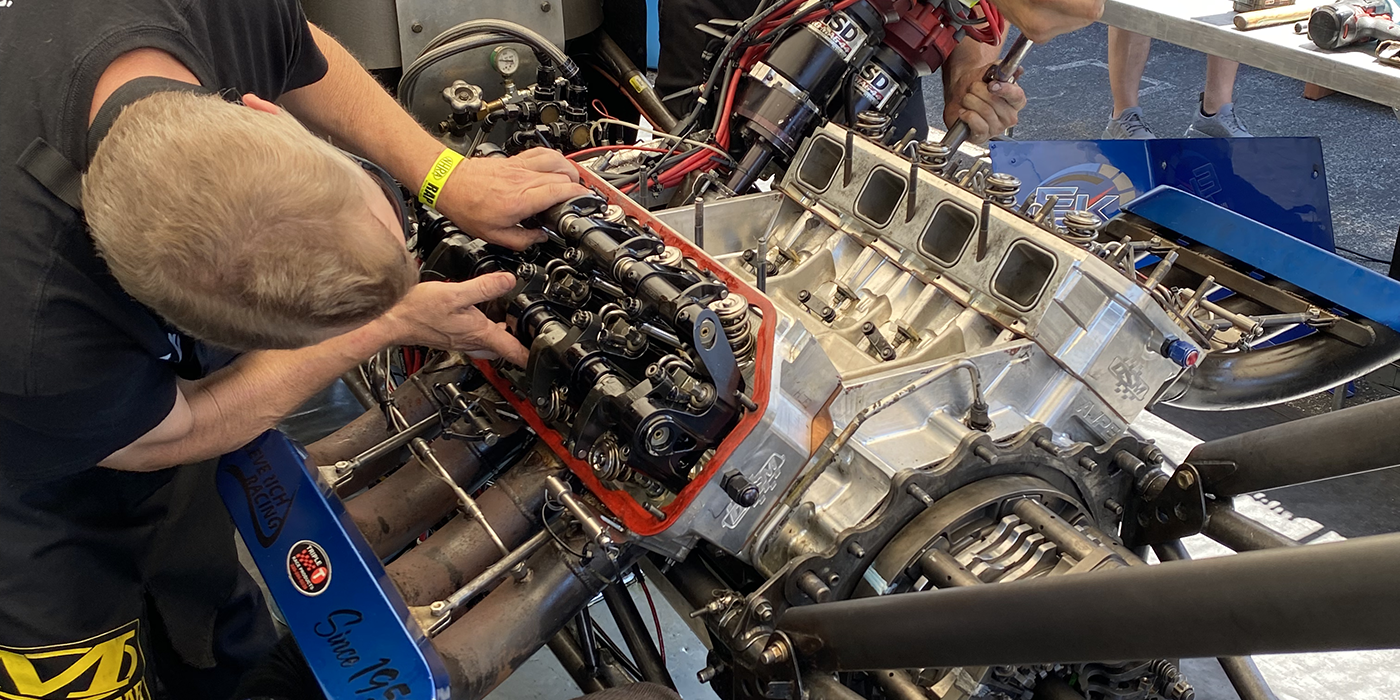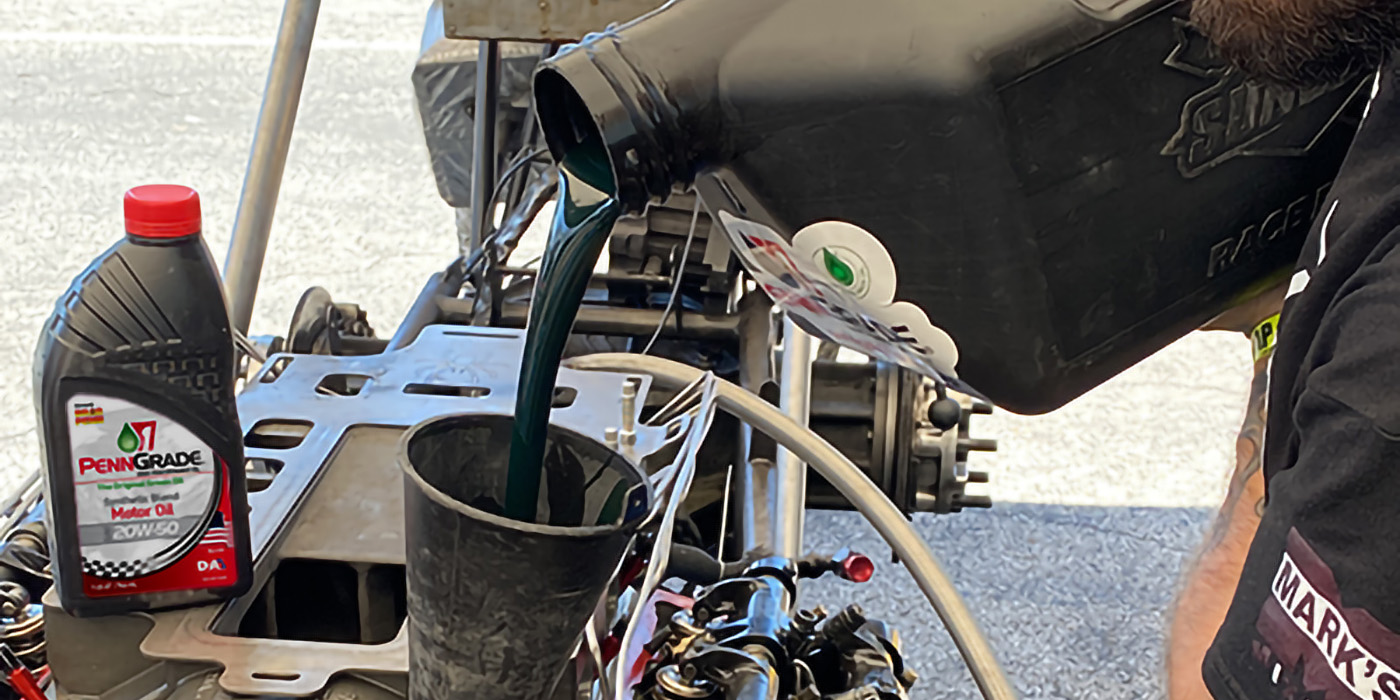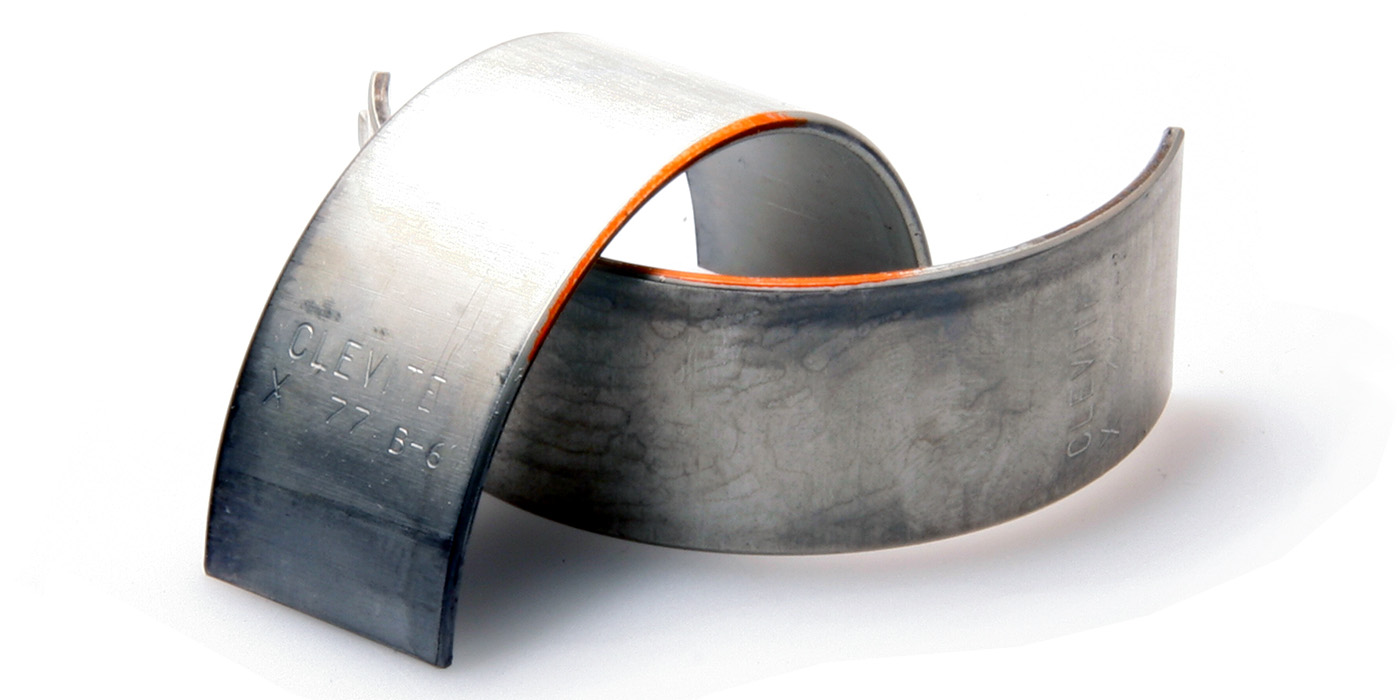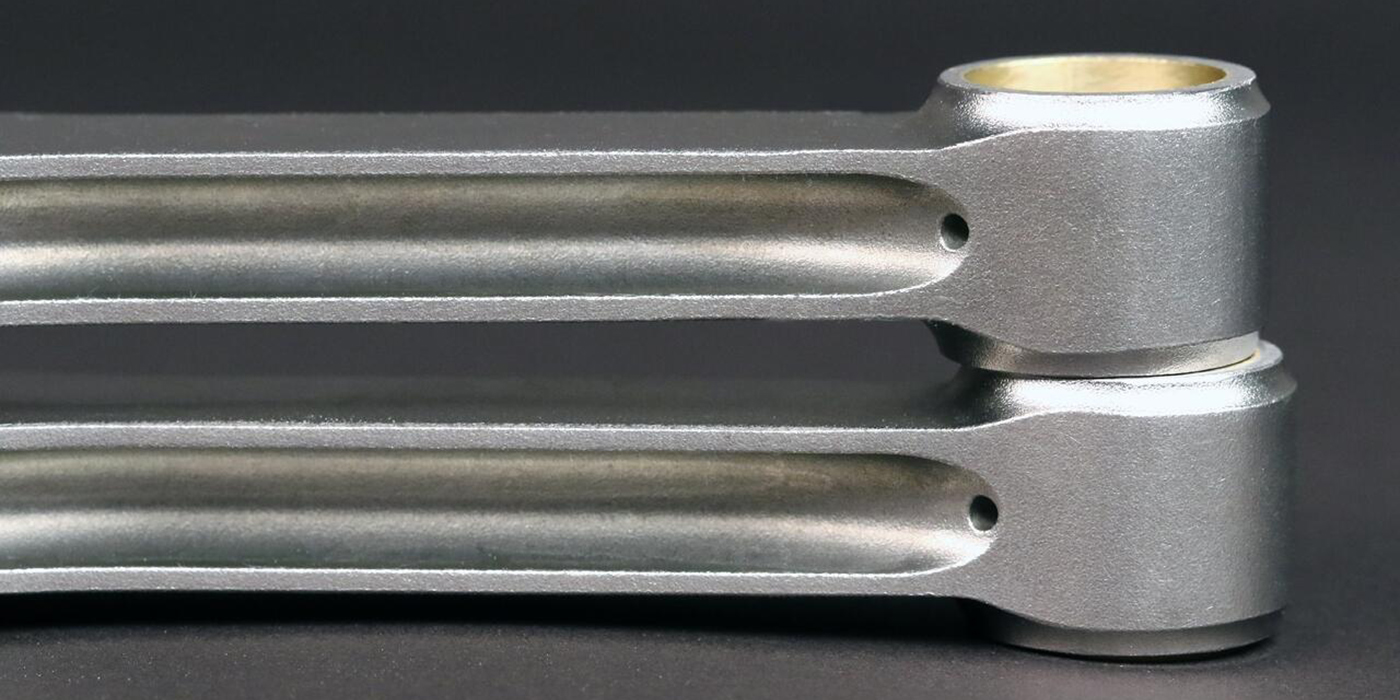I have been lucky enough to make sales calls on hundreds of machine shops over the past 30-plus years. Some are still here today and sadly, some are not. In that time I have met a few machine shop owners who were hard working and quite successful. They put in their years, formed an exit strategy and retired from the business. I’ve also met some who just did not find the right path and folded up their tents early and were never heard from again. Most seem to fall somewhere in between, working hard in an ever-changing and sometimes hard-to-follow industry. Some would like to retire and some are on the verge of failure.
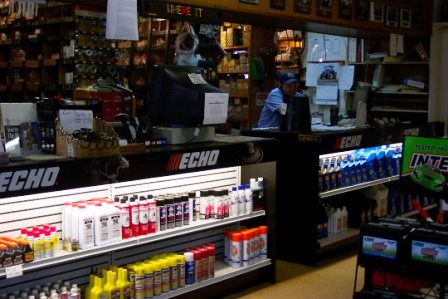 In my opinion, the most obvious group of failing shops seem to be those owned by and attached to traditional auto parts stores. I am not referring to the independent shop owner who leases the building next to a store; instead, I’m looking at those shops owned and run by the large parts chains.
In my opinion, the most obvious group of failing shops seem to be those owned by and attached to traditional auto parts stores. I am not referring to the independent shop owner who leases the building next to a store; instead, I’m looking at those shops owned and run by the large parts chains.
I cannot currently think of or name a single corporate-owned NAPA store with a machine shop, although I’m sure there is one out there, somewhere. I mention NAPA because this is where I got my start. It was not corporate owned: there were very few of those back then. No, this was a small independent store with a large and very busy shop. We kept three or four machinists busy year round.
Yes, those days are gone. There are few shops of any kind that employ four or five machinists, period. But a shop owned by any of the large chains is getting to be pretty rare today.
I can’t help but wonder why this is. Offering machine shop service is a natural. Many parts need a press fit or finish machining before installation. There is plenty of cylinder head business out there if a shop can pressure check and surface. It opens up other niche markets including performance, marine, agricultural, industrial and restoration, to name a few.
Of course, these corporate giants are entirely correct when they look at the bottom line today and don’t see the cash flow a shop could produce not too many years ago. And many opportunities still exist for the savvy parts store. But what other service can you provide that will help you to stand out from your competition? After all, you both have a fleet of delivery trucks, you both get daily orders in from “the warehouse” you carry many of the same porduct lines and you can both install a computer in their location and maintain a direct phone line.
But can you both press that axle bearing or surface a cylinder head? The one thing that always made these stores stand out from the giant retailers – who now see less retail business and compete for the wholesale business – were their machine shops. The giant retailers found that they could sell the consumer not only oil and spark plugs, but could also sell scooters and off-road go-karts. Now they use their marketing skills and parts distribution network to attract wholesale accounts.
I’ll be the first to recognize the fact that profits from the machining operations, after expenses, are not going to improve the bottom line much, if at all. Instead, I believe the benefits are derived from additional parts sales directly attributed to the machining operations. Parts like clutches, brakes, ball joints, u-joints, gasket sets and wheel bearings, at the very least. They could also include engine kits, exchange cylinder heads or new castings for niche markets.
For the parts supplier, it improves the chances of selling related parts. If a customer is working on an engine approaching 100,000 miles of use, it’s the perfect time to do the radiator, replace the hoses and belts, water pump and clean or rebuild the fuel injectors as well. The related parts list should greatly exceed the parts directly attached to the machine shop activity.
While many managers would argue that they are already getting these parts sales, I would suggest they are merely in competition for these sales. And where there is competition, there will be pressure to compress prices.
But as long as prices are at a competitive level, a machine shop customer is very likely to buy his related parts based on convenience. So if it is such a good idea to have a shop at your store, why are so many closed or on the verge of closing? We can explore this question and how to be more successful by comparing operations in an independent owner run shop and a corporate shop.
An independent shop owner – entrepreneurial, self-employed and self made – is usually looking for every fair dollar there is to be made in every job, in order to succeed. And though he may suffer from growing competition for the parts business, a savvy businessman can usually develop a strategy to secure parts sales.
The independent shop owner or his manager knows the importance of making the parts sale. He knows the customer will be happier with the job if he gives good advice about the specific parts needed for each individual job. Also, he knows he cannot deliver the job until most of the parts are secured. And we all know that “The profitable part of any job does not come until the job is done.” It is no fun sitting on a job you cannot finish because the customer is still chasing his own parts.
What I have seen in corporate shops is often the complete opposite. The parts counter is responsible for the parts sale and the machine shop is responsible for the labor only. This relationship can work well, except when the customer wants a performance camshaft and the counterman thinks “lift” is for raising the car and “duration” has something to do with his date last Friday night. Or when valve guides or seats are needed and measurements are required to determine the correct part. Or when the application is older than the computer’s database. Or when they are just too busy up front to get around to those pesky shop orders.
In reality, the machine shop is often looking up part numbers at least, and, more often than not, ordering the part as well. Yet if there is a “parts-is-parts,” corporate mindset, the shop is not credited for the parts sale and instead the store gets a little boost from parts sales off of the shop jobs.
This can cause several problems. First, most shop employees compensation is based on a commission or a percentage of the job. And a machinist is only making money when the machines are running. Now, he has to stop work and take care of the parts acquisition. Obviously, the parts are necessary to do the job, but time is money and we now have someone working for nothing. After a while, even the most dedicated company man gets tired of working for free. A common but negative response to this is that the company starts to lose parts sales. And not just the hard engine parts – the related sales as well.
Let’s back up for a second. I must say, I know many shop managers who do the right thing. They know they need parts, and the correct part at that, to complete the job. So they do what they can to keep the job moving forward. But I have heard many a guy say that he makes more money and has less responsibility if the customer supplies his own parts.
This may all be going on without the knowledge of corporate management who, unfortunately, set up this rotten system in the first place. As I see it, the biggest problem from the corporate perspective is once you send a customer shopping for one part, what stops him from shopping for all related parts as well? As a rule, we all know that there is always someone who will sell for less. But people are usually willing to pay a little extra for service.
So what kinds of solutions are there to build the relationship between the parts store and the machine shop? Parts stores: use your shop and the experts you employ to sell more parts. Put a computer in the shop so you can measure the parts sales generated by the machine shop. This includes the related sales that go out with the job. It makes far more sense to create an invoice in the shop for the job, start adding parts as needed to complete the job and then send the invoice up to the parts counter to add related parts such as water pumps, hoses, belts, motor mounts, etc.
Finalize the complete sale in the shop or on the shop salesman’s number. Pay a commission to the shop employee or employees for the parts sales. After all, it was the shop’s ability to do the job and probably someone in the shop’s expertise that secured the correct parts for the job. Also, a shop manager can insist certain related items, such as a new water pump and possibly a new radiator, should be sold when an engine is rebuilt for warranty purposes.
And I think some advice on selling hardcore engine parts is in order. This has become a highly competitive, low-margin sale. The manufacturer’s inability to control distribution and pricing, and the advent of web-based businesses have knocked much of the profit from engine kit and engine parts sales.
The good news is that these are not commonly stocked items. The market has become too diverse to stock engine parts these days. But if it is not costing you money to have it sit on the shelf, you can justify turning these sales at a much lower margin. And since the machine shop is already expected to cover its expenses from labor sales, we can see how parts sales through the shop puts more money directly to the bottom line.
Now, I would not advocate deep discounts on related parts sales. And a good manager knows what he needs to make on stocking parts to stay profitable. But non-stocking parts such as an engine kit offer a chance to add profit dollars while working off the suppliers usual 30-day credit program, even when working at a low 15-20 percent profit margin.
Lastly, for the store with a shop, if you apply your usual 30-40 percent markup to most engine parts, you will price yourself out of the market place. Your customer will relate your “over-market price” pricing to your business in general, potentially scaring customers away from your core business.
It is very difficult today to run a business and keep it unique and profitable. The general auto parts store can still use a machine shop to promote service and parts sales. Like all aspects of business, it will require good people and attention to customer’s needs in the form of good service.
Service goes without saying, but good help is hard to find. It can also be hard to keep and employees deserve good compensation. That compensation can be paid from profits that should already be or easily can be generated by a positive relationship with the machine shop.

